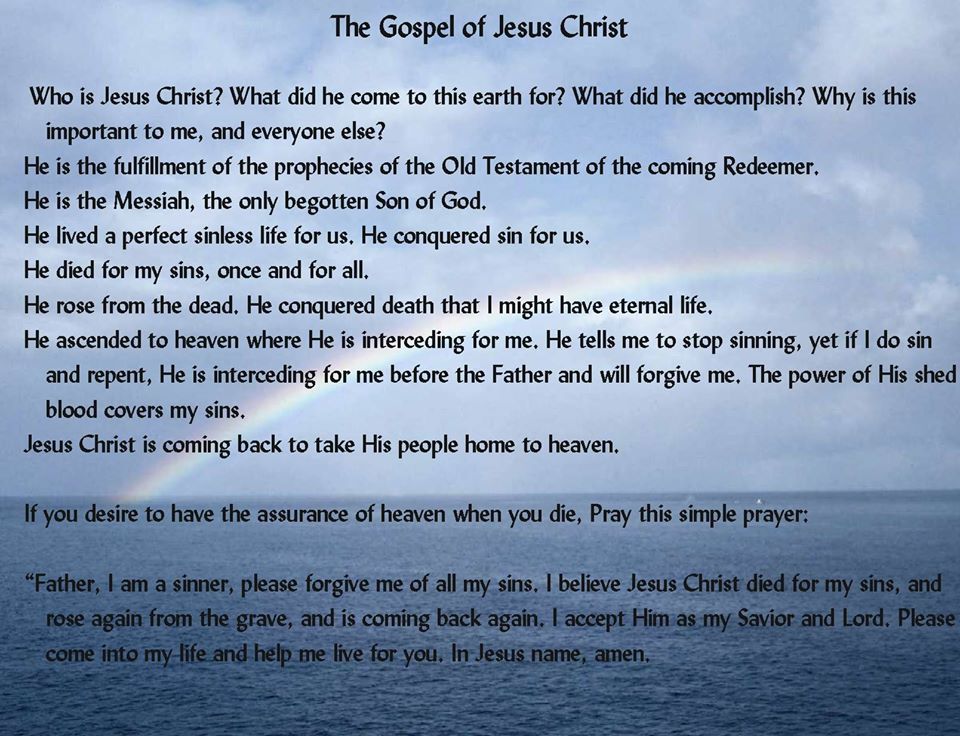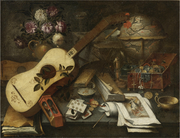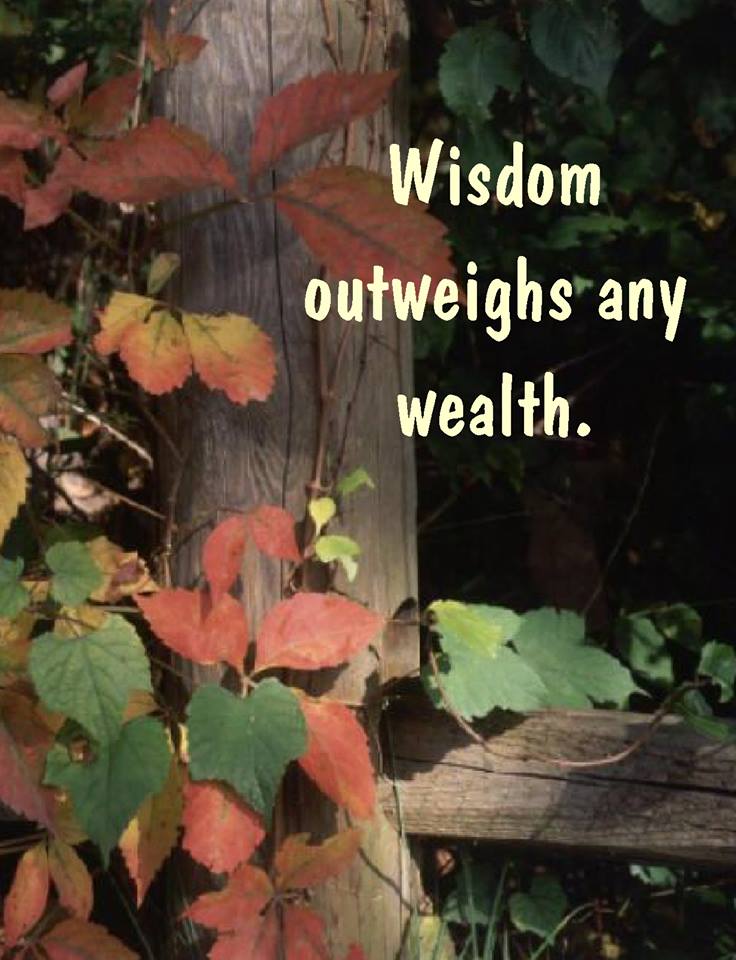Thoughts To Ponder
1Co 13:10 But when that which is perfect is come, then that which is in part shall be done away.
1Co 13:11 When I was a child, I spake as a child, I understood as a child, I thought as a child: but when I became a man, I put away childish things.
1Co 13:12 For now we see through a glass, darkly; but then face to face: now I know in part; but then shall I know even as also I am known.
1Co 13:13 And now abideth faith, hope, charity, these three; but the greatest of these is charity.
1 Corinthians 13:11-13
When I was a child. In these verses the change he has declared will take place is illustrated by the change from childhood to manhood. The speech, thoughts and feelings of the child give way to those of the man. So it will be when the church moves on from childhood to full development.
Jesus is our example of manhood, and love- His actions reveal and teach us what our conduct should be. He had emotions-he expressed the full range of human characteristics-love, anger, gentleness, strength, wisdom, humility, obedience, sadness-under the control of the Holy Spirit.
Important point- Love never controls, or forces itself on another. If you see someone who wants to control you, or force you to do anything without your consent-this is not love. Jesus said "follow Me", but gave the person the freedom to make their own choice.
For now we see in a glass. In a "mirror." The mirrors of the ancients were of polished metal, and were far inferior to ours. The images were indistinct in comparison. They were seen darkly, indistinctly, imperfectly. Thus in this state of our knowledge of divine things imperfect and incomplete.
But then face to face. We will not look in a glass in the coming state, but will see face to face, without a veil, or obscurity.
Now I know in part. There were limitations upon the knowledge even of Paul; only a part was seen.
But then, when the veil is taken away, and the full revelation has come in the presence of Christ, he shall know fully, know God, eternity and its secrets, even as he is known to God. Thus it is shown that all these spiritual gifts are fleeting.
But now abideth faith, hope, love. These three shall survive. They are eternal. They continue to exist in the church, and shall not fail in its glorified state. As long as the redeemed saint shall have future ages before him, so long will trust in God and hope give them brightness, while love itself is the very atmosphere of the divine life.
The greatest of these is love. The greatest because it glorifies both faith and hope, sanctifies every faculty and Christian grace, is the very moving impulse of the gospel, and is the one quality that is divine. "God is love."
1Co 13:10 But when that which is perfect is come, then that which is in part shall be done away.
1Co 13:11 When I was a child, I spake as a child, I understood as a child, I thought as a child: but when I became a man, I put away childish things.
1Co 13:12 For now we see through a glass, darkly; but then face to face: now I know in part; but then shall I know even as also I am known.
1Co 13:13 And now abideth faith, hope, charity, these three; but the greatest of these is charity.
1 Corinthians 13:11-13
When I was a child. In these verses the change he has declared will take place is illustrated by the change from childhood to manhood. The speech, thoughts and feelings of the child give way to those of the man. So it will be when the church moves on from childhood to full development.
Jesus is our example of manhood, and love- His actions reveal and teach us what our conduct should be. He had emotions-he expressed the full range of human characteristics-love, anger, gentleness, strength, wisdom, humility, obedience, sadness-under the control of the Holy Spirit.
Important point- Love never controls, or forces itself on another. If you see someone who wants to control you, or force you to do anything without your consent-this is not love. Jesus said "follow Me", but gave the person the freedom to make their own choice.
For now we see in a glass. In a "mirror." The mirrors of the ancients were of polished metal, and were far inferior to ours. The images were indistinct in comparison. They were seen darkly, indistinctly, imperfectly. Thus in this state of our knowledge of divine things imperfect and incomplete.
But then face to face. We will not look in a glass in the coming state, but will see face to face, without a veil, or obscurity.
Now I know in part. There were limitations upon the knowledge even of Paul; only a part was seen.
But then, when the veil is taken away, and the full revelation has come in the presence of Christ, he shall know fully, know God, eternity and its secrets, even as he is known to God. Thus it is shown that all these spiritual gifts are fleeting.
But now abideth faith, hope, love. These three shall survive. They are eternal. They continue to exist in the church, and shall not fail in its glorified state. As long as the redeemed saint shall have future ages before him, so long will trust in God and hope give them brightness, while love itself is the very atmosphere of the divine life.
The greatest of these is love. The greatest because it glorifies both faith and hope, sanctifies every faculty and Christian grace, is the very moving impulse of the gospel, and is the one quality that is divine. "God is love."








